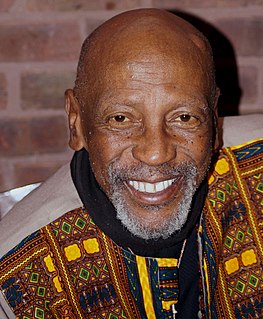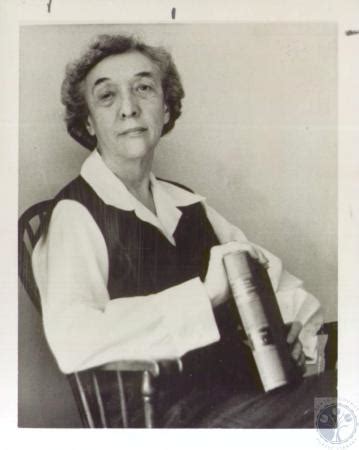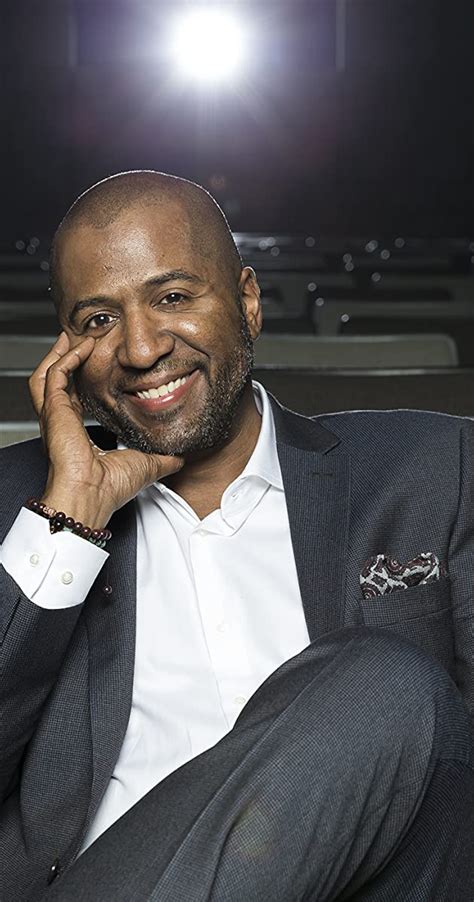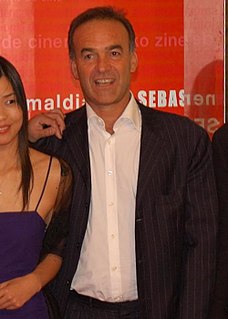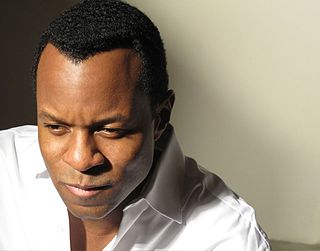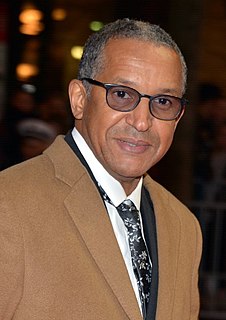A Quote by Joe Morton
The argument for '12 Years a Slave' was that - yes, it's a beautiful film. Beautifully shot, beautifully acted. It's a real story, and these stories should be told. The problem is, if they're the only stories being told, then it makes Americans of African descent - it puts them into that victim category. And that was my problem with the movie.
Related Quotes
'12 Years A Slave' is a film that is beautifully shot, wonderfully acted, and told in a compelling manner. However, there are some questions, in my opinion, as to its importance. Paramount among those questions is, What does this scenario illustrate that we didn't know or haven't seen before? And why does such a film garner such popularity?
We live in a world where bad stories are told, stories that teach us life doesn't mean anything and that humanity has no great purpose. It's a good calling, then, to speak a better story. How brightly a better story shines. How easily the world looks to it in wonder. How grateful we are to hear these stories, and how happy it makes us to repeat them.
I don't think that there's a target audience at all. These stories were in circulation. The stories were told by men, told in the marketplace by men, but also behind doors by women, but there's no real record of this. It's likely they were told by women to children in their interior rooms. The story could be a negative story, they could be presented as a, "Watch out! Women will get round you, do things to you, weave you in their toils." It could be buried in it an old cautionary story about women and their wiles.
William Shakespeare was the most remarkable storyteller that the world has ever known. Homer told of adventure and men at war, Sophocles and Tolstoy told of tragedies and of people in trouble. Terence and Mark Twain told cosmic stories, Dickens told melodramatic ones, Plutarch told histories and Hans Christian Andersen told fairy tales. But Shakespeare told every kind of story – comedy, tragedy, history, melodrama, adventure, love stories and fairy tales – and each of them so well that they have become immortal. In all the world of storytelling he has become the greatest name.
The set of '12 Years a Slave' was an extremely joyous one! We all recognized that we were making a powerful, necessary and beautiful film, and we weren't about doing it without that sense of responsibility, and we recognized that we needed each other to tell this story. We also knew we needed to hold each other up as we told the story.
Each of us is comprised of stories, stories not only about ourselves but stories about ancestors we never knew and people we've never met. We have stories we love to tell and stories we have never told anyone. The extent to which others know us is determined by the stories we choose to share. We extend a deep trust to someone when we say, "I'm going to tell you something I've never told anyone." Sharing stories creates trust because through stories we come to a recognition of how much we have in common.
You know so many documentaries now are very carefully scripted before you start, and then people are sort of put in chairs which are beautifully lit, and they tell their stories and you do that with another 10 people and you then construct a story from what they say. You do a sort of paper thing, and then you put some images in-between, and that's your film. And that's so not what I think is a good documentary. It can be so much more than that, it should be much more of an adventure and much more uncertain... like real things are.

